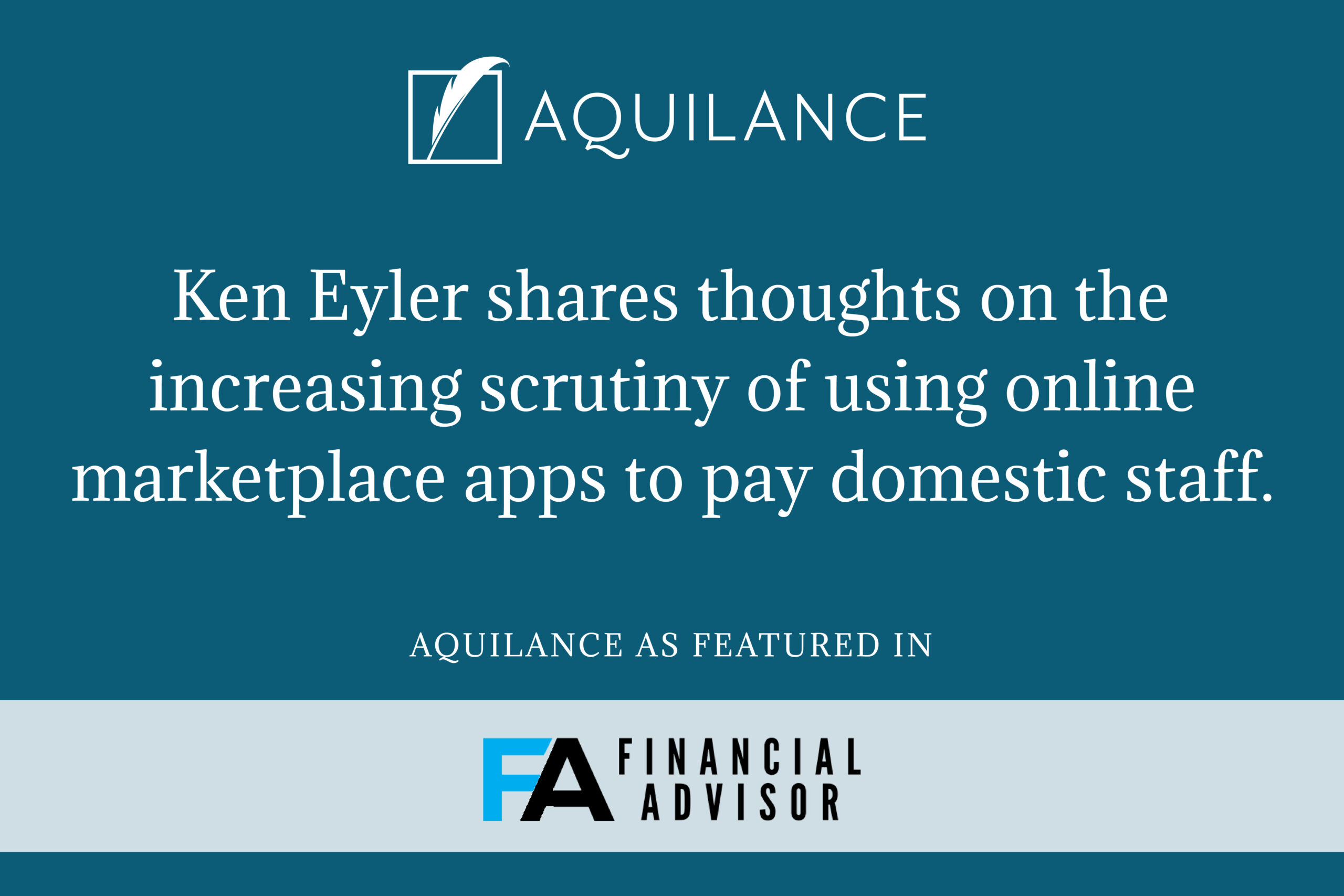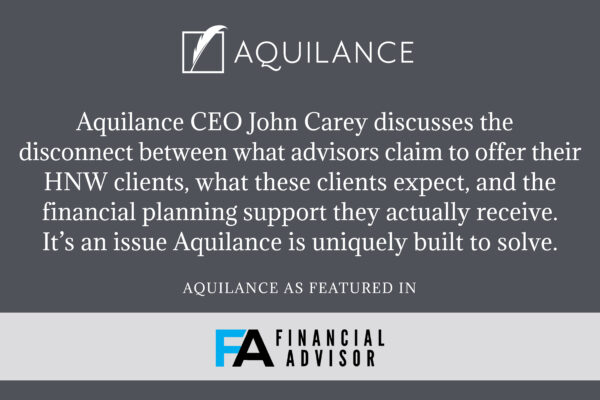From Financial Advisor Magazine, by Jeff Stimpson
New IRS rules mean high-net-worth clients may not be properly accounting for Social Security or workers comp when paying their domestic help—especially if they use certain payment methods.
Shadow income that has historically flown under the tax radar is the subject of growing scrutiny from tax authorities. New IRS rules require reporting income for some transactions of just $600 or more, down from a much higher previous threshold. The American Rescue Plan Act of 2021 modified 1099-K reporting requirements for third-party payment networks such as Venmo, PayPal and Zelle. People who perform services as independent contractors and get paid via payment apps will also now receive 1099-Ks if the total exceeds $600, with no transaction minimum.
“Our communications with clients center around two things. One, that they may receive Forms 1099-K that they did not receive in prior years for certain online activities where money was sent to them,” said Ken Eyler, CEO of Aquilance. “Two, we help guide clients in conversations around employing domestic help versus engaging with them as an independent contractor, which will limit 1099-Ks received by their domestic contractors that may create issues.”
People who are selling their old household items, such as furniture and designer clothes, do not need to report this income to the IRS if they are selling the items for less than they originally bought them for. Transfers excluded from income tax reporting include sales of personal items at a loss, reimbursements and gifts, although gifts may still need to be reported on a gift tax return.






